Finally, let us, as far as depends on us, moderate our consolations when they go too far. St. Teresa compares the joys of contemplation to a heavenly water. “However abundant it may be,” she says, “it can never be excessive, because there cannot be any excess in what comes from God, and when He gives this living water to a soul in great quantity, He also increases its capacity to drink abundantly of it. But, as the demon and nature may mingle their wiles with these consolations, and render them impetuous and violent even to indiscretion, the saint counsels us, whenever we feel that our bodily strength is beginning to fail, or that our head is aching, to moderate these emotions, whatever consolation we may be enjoying, either by a change of subject, or by abridging the time of our prayer (provided it be not prescribed by rule); for discretion is necessary in everything. In dryness, avoid discouragement and pusillanimity. However profound and persistent be the aridity, with whatever temptations it be aggravated, though all hell be let loose to harass the senses and imagination, let us never lose courage. God tries us in order to purify us, and does not wish our destruction; He is a father, not a judge; He is a director, whose object is to purge the soul, to strip it of all its attachments, in order to render it better. From the moment we make serious efforts to combat temptations, and, in spite of our aridities, to occupy ourselves with God with a good will, albeit without relish or enthusiasm, the temptations which agitate the imagination and disturb the senses are merely fears, torments inflicted on the soul, assaults of the demon, but are not voluntary acts nor sins. “If you wish to know,” says St. Liguori, “the true state of your soul ask it whether, in the height of its desolation, it would commit a single deliberate venial sin, and it will answer without hesitation that it is ready to suffer not one but a thousand deaths rather than offend the Lord.” If you are thus disposed, bless God and remain in peace; you are doing all that He expects from you, although you feel it not; you possess the love of God and true devotion, you want only its sweetness. On the other hand, if you perceive that, in time of desolation, your will is prone to murmuring, to bitterness, to relaxation, that it avoids God and is slovenly in prayer, correct at once these and other such defects; for the evil is in your will, and the aridity is only its occasion
Above all, do not abandon prayer; for you have now more need of it than ever; to do so is the sure way to fall into the snares of the enemy. Besides, during dryness we gain most merit,” as St. Alphonsus says, provided only we persevere courageously in prayer. “Happy,” he repeats, “happy he who, in spite of desolation, remains faithful to mental prayer! God will load him with His graces.” But how must we employ ourselves at such a time? “Let us humble ourselves, let us be resigned. Let us humble ourselves, I repeat, and make acts of resignation.” Humility and resignation; here, according to the same saint, is the true prayer of the desert.
Sometimes, however, a humble and peaceable resignation will be impossible, the soul is so troubled, so distracted, so helpless; then is the time to have recourse to the prayer of the drowning man, who, struggling in the water, can only shout for help.” So speaks Fr. Desurmont, and so he acted himself, like a worthy disciple of St. Liguori. “What kind of prayer do you make use of in your troubles”? someone asked him one day.-” The prayer Kyrie eleison,” he answered. He used to present each of his troubles before God, saying at the same time: Kyrie eleison. He used even to name each of his miseries, repeating Kyrie eleison. And is it not in truth the wisest method, when the thought of our troubles and miseries pursues us, to show them to God, and to make them the subject of our conversation with Him, and so to change into a prayer the very assault which threatens to stifle our prayer?
‘The Ways of Mental Prayer’ written by RT Rev Dom Vitalis Lehodey
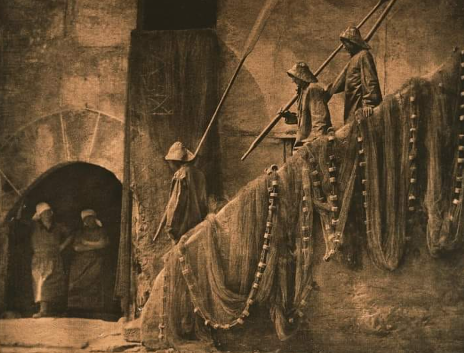

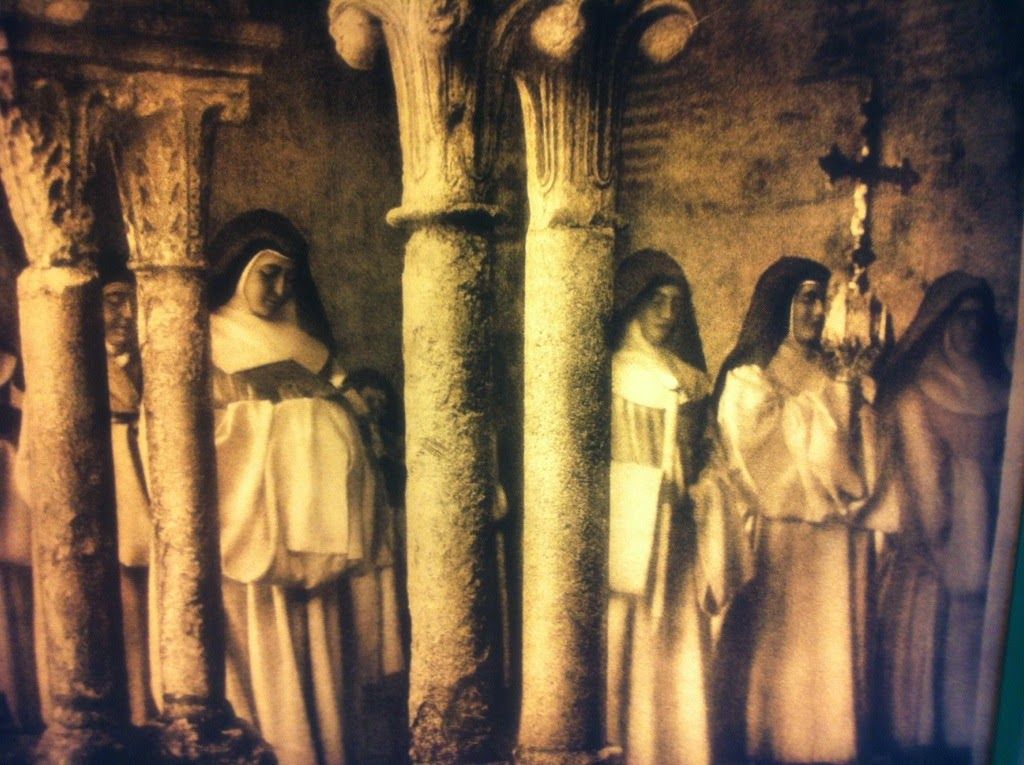
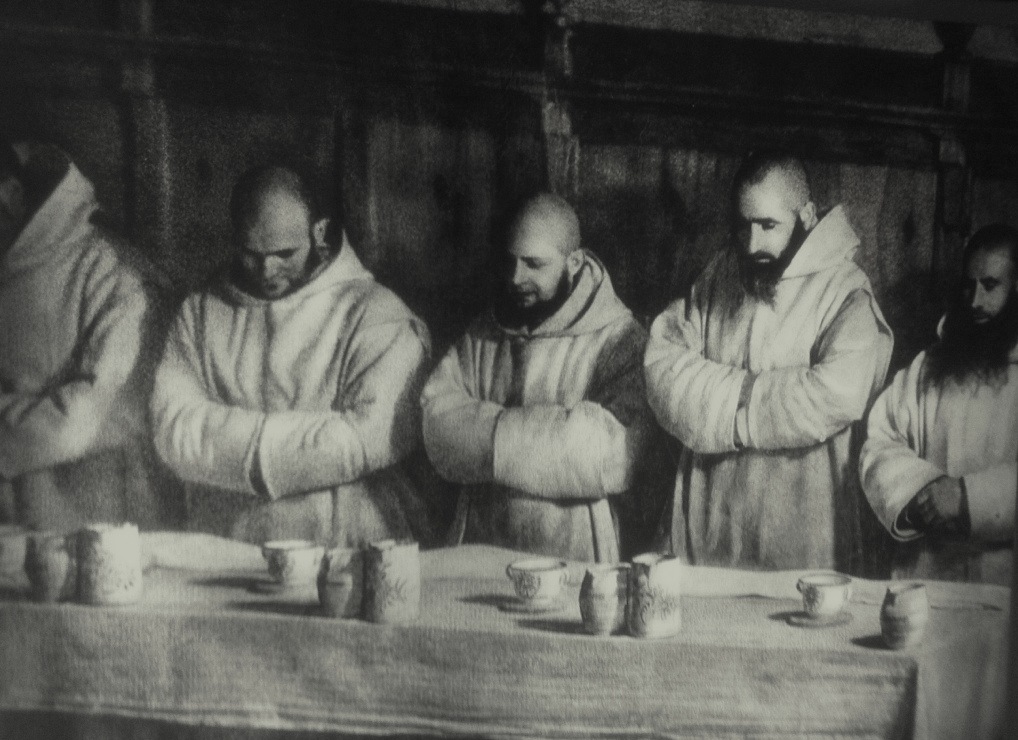
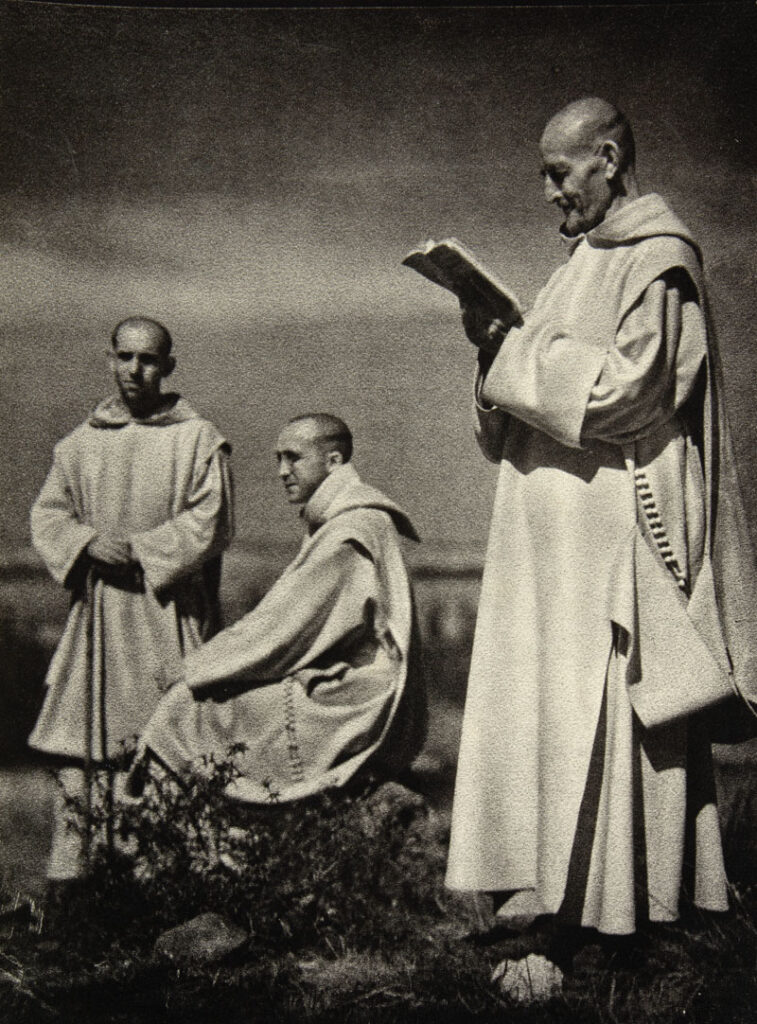


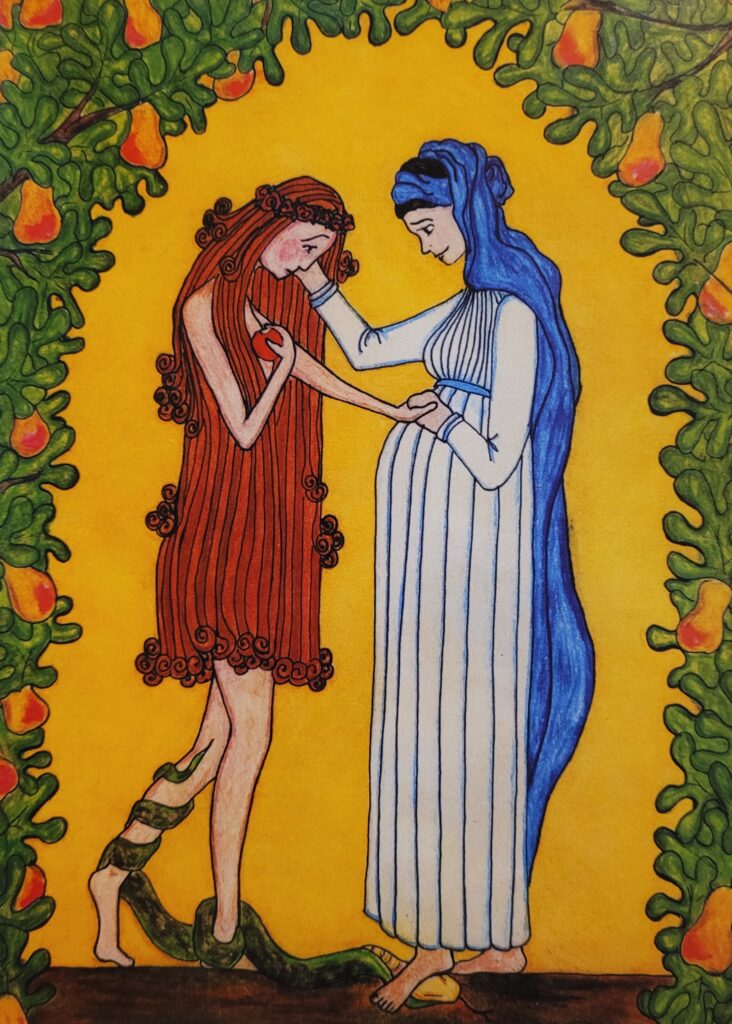
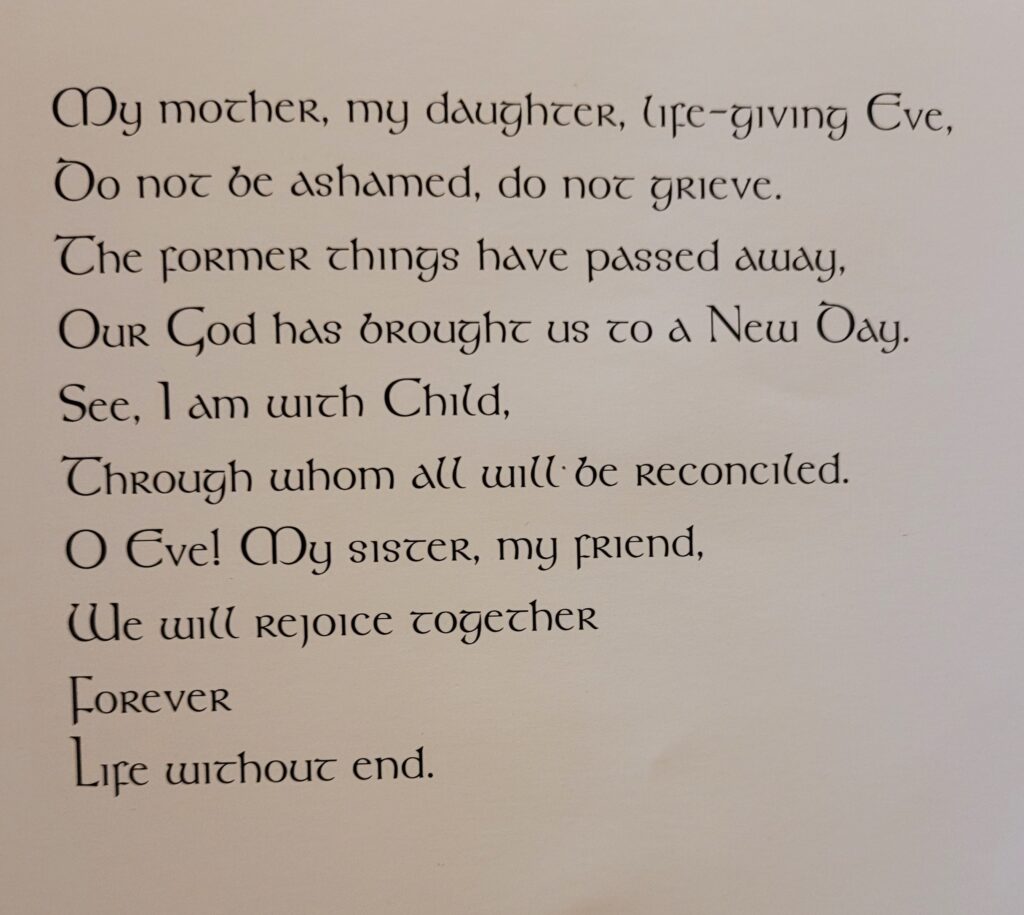
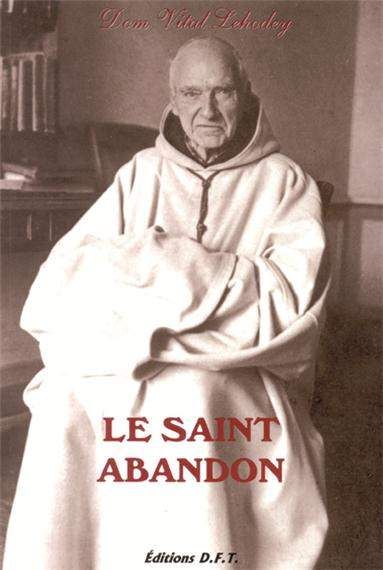
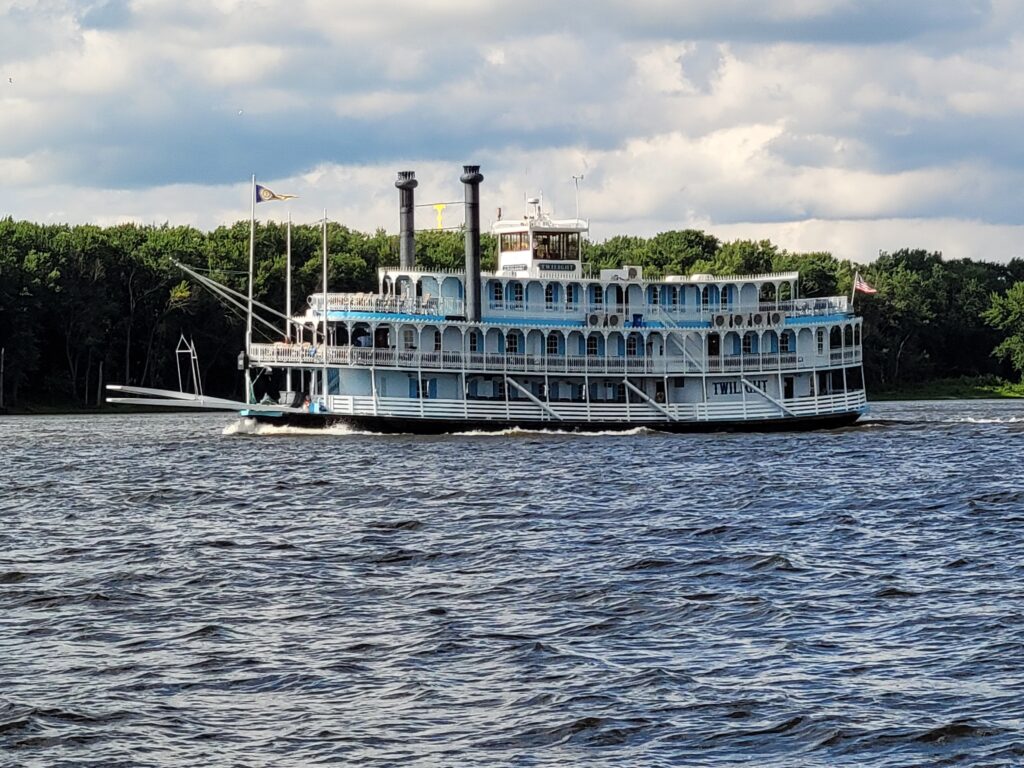
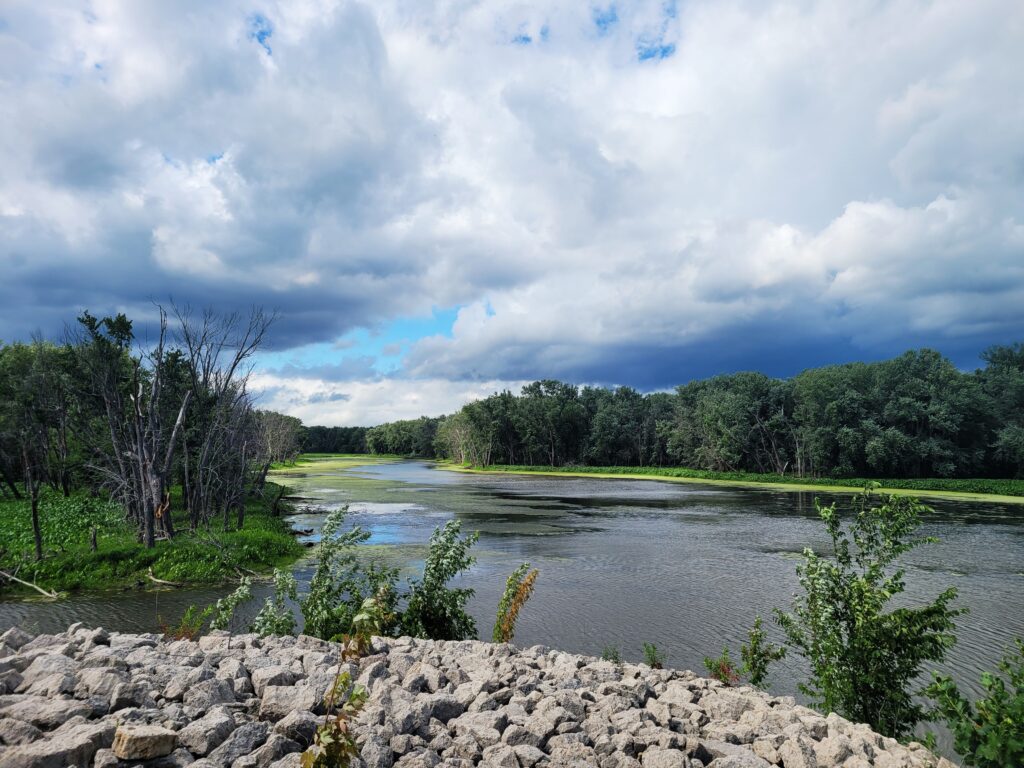
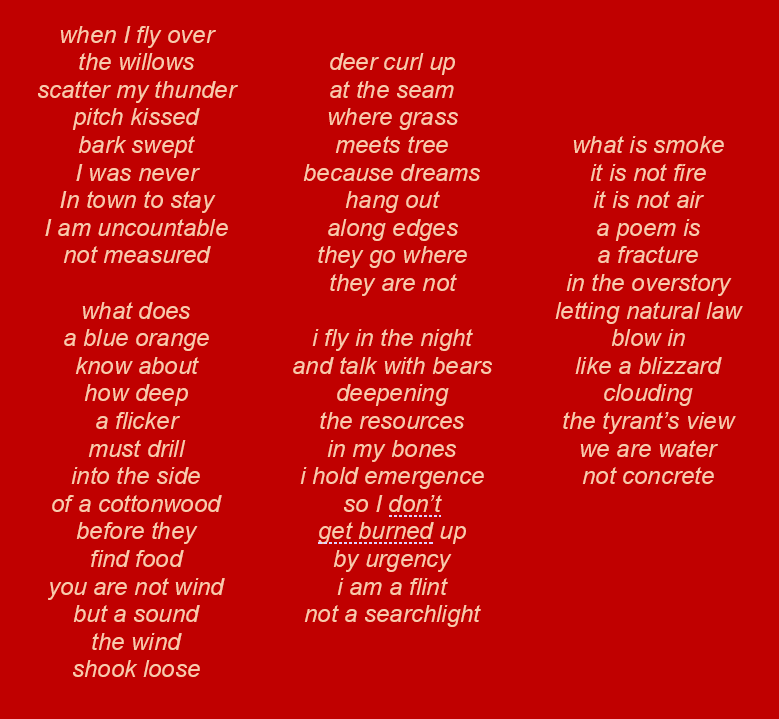
Recent Comments